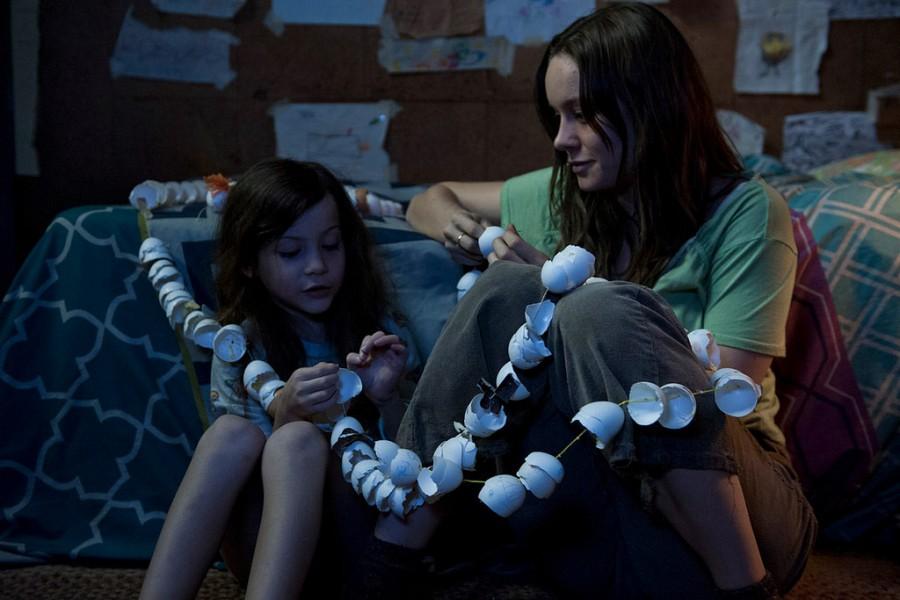The movie Room, based on the novel by Emma Donoghue, was released on January 22 of this year and tells a harrowing story of a mother and son escaping the shed they had been held captive in for seven and five years respectively. Once free, the couple attempts to reintegrate with society – the mother after not seeing family or friends for seven years and the son (the product of his mother and the captor) after never knowing any reality other than “room.” The story, therefore, is told in two parts: before the escape, and after the escape. I found myself in a similar two-fold situation after my two-hour viewing of the film; as someone who read the book first, it is impossible to not compare the book to the movie.
To put it simply: the movie was much better than the book. Without turning this into a review of the novel, Donoghue’s written version seemed forced and unfinished. While in her screenplay she chose to elongate the story line and therefore leave the audience feeling much more satisfied. In essence, the film answered questions that the reader was irritated not knowing and also deleted chapters that the reader was happy to forget.
As for why the movie left the audience in a more comfortable space (pun intended), one can look to Brie Larson (the mom) and Jacob Tremblay (her son). Where the dialogue in the novel seemed unnatural (told from the boy’s perspective), it came alive on-screen. This allowed the story to affect the reader in the way Donoghue may have originally intended for it to mean. Credit must be given to these two actors for delivering an extremely believable and moving performance that allowed the film to surpass the book.
One character that did not transition well from the pages to the screen, however, was Larson’s and Tremblay’s captor, played by Sean Bridgers. In this case, credit cannot be given to the actor himself – Bridger was not the problem. The role was better written on paper, where the lack of visuals made the villain more aloof, and therefore, more unforgivable and evil. While in the film, the “bad guy” was given a face and therefore on some strange level, you don’t really despise Bridger’s character.
So, quite possibly to an English teacher’s or avid reader’s disdain I recommend buying a ticket to see Room in theaters and skipping the book altogether. No better way to escape your own room and see a film you won’t regret.









































